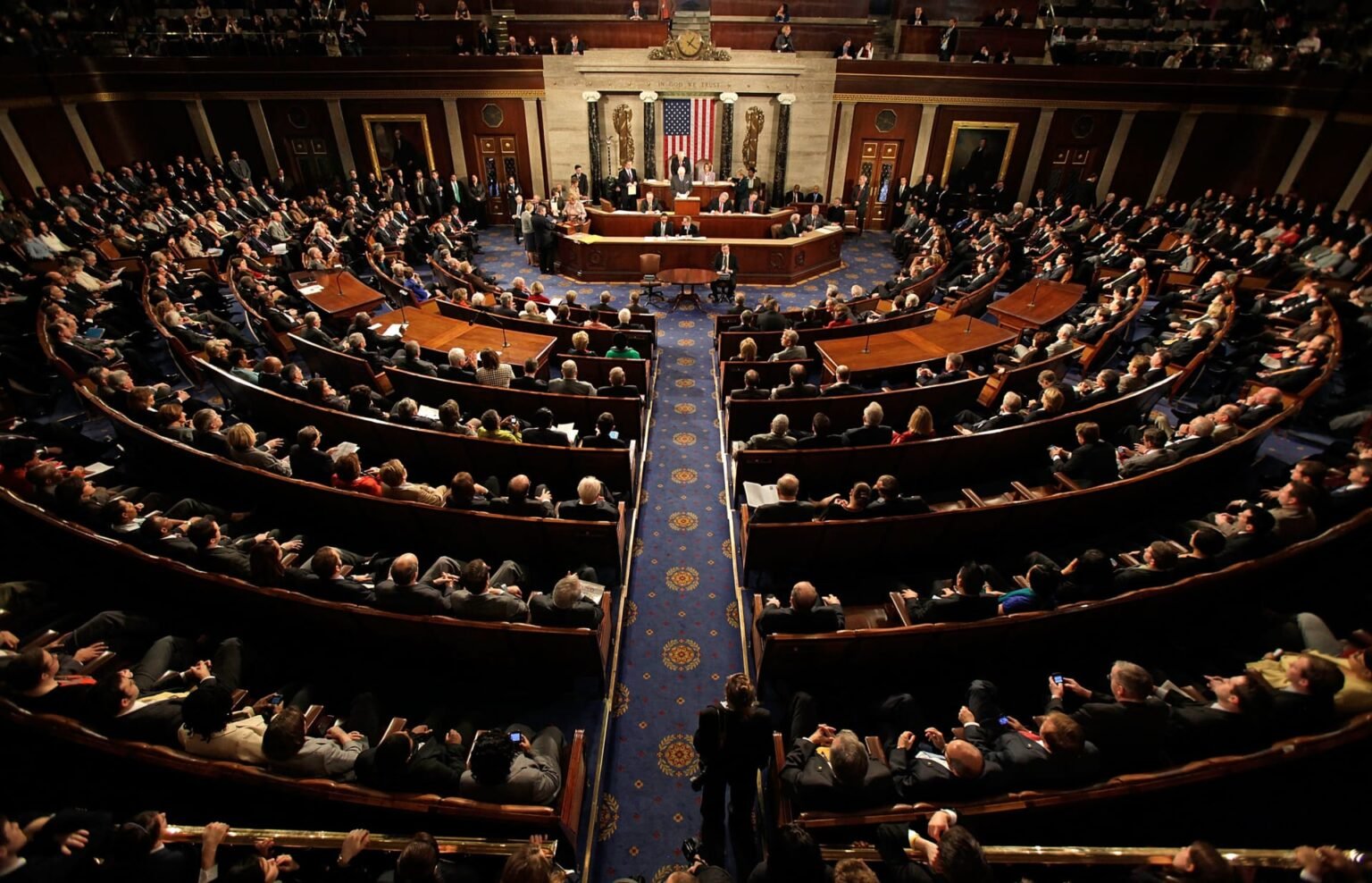Senate Republicans unveiled a sweeping new tax bill that includes deeper cuts to Medicaid and scaled-back tax benefits compared to the House version passed in May, intensifying a fiscal showdown within the GOP over how to fund President Donald Trump’s second-term tax priorities.
Released by the Senate Finance Committee, the bill aims to pay for Trump’s proposed expansion of tax cuts by slashing spending and curbing the scope of new benefits offered in the House’s version. The legislation reflects weeks of intra-party negotiations and sets the stage for a tense reconciliation process between the Senate and the narrowly divided House.
Deeper Medicaid Cuts Spark GOP Divide
At the heart of the Senate bill is a plan to make deeper reductions to Medicaid funding, particularly by restricting states’ ability to use provider taxes to draw additional federal Medicaid dollars. Currently, many states use this mechanism to maximize federal matching funds by taxing health care providers, who then recoup the costs through Medicaid reimbursements.
The Senate version would gradually phase out this practice, leading to lower federal contributions to state Medicaid programs. This move builds upon the House’s already controversial Medicaid cuts, which the Congressional Budget Office (CBO) estimates would result in 7.6 million Americans losing health coverage over the next decade and save at least $625 billion.
Some Republican senators, including Josh Hawley (R-MO) and Jim Justice (R-WV), have raised concerns about the consequences of such reductions, particularly in poorer or rural states that rely heavily on Medicaid funding.
Key Changes to Trump’s Campaign Promises
The Senate version scales back several of Trump’s signature proposals made during the 2024 campaign to reduce the overall cost of the tax package:
- Overtime Deduction: The Senate bill caps the tax deduction for overtime pay at $12,500 annually for individuals earning $150,000 or less.
- Tips Deduction: Similarly, tax breaks on tipped wages would be capped at $25,000 for the same income group.
In contrast, the House version had no cap and applied to individuals earning up to $160,000.
These limits represent a compromise between Trump’s populist promises and pressure from Senate fiscal conservatives to limit deficit expansion.
Child Tax Credit Adjustments
- The House bill would increase the child tax credit to $2,500 per child through 2028, then revert to $2,000.
- The Senate bill proposes a more modest increase to $2,200, citing cost concerns.
Without action, the credit will drop to $1,000 at the end of this year due to expiring provisions from earlier tax legislation.
Green Energy Tax Credit Rollbacks Slowed
Moderate senators succeeded in softening the repeal of green energy tax credits that were implemented under former President Joe Biden. While the House sought an aggressive rollback, the Senate proposal slows the phase-out, maintaining some support for clean energy investments amid pressure from climate-focused Republicans.
SALT Deduction Dispute Remains Unresolved
A contentious provision involving the State and Local Tax (SALT) deduction continues to divide Republicans. The House bill raised the SALT deduction cap from $10,000 to $40,000 for individuals earning under $500,000, a move pushed by Republicans in high-tax states like New York, New Jersey, and California.
However, the Senate version maintains the existing $10,000 cap, with Majority Leader John Thune defending it as “one of the best reforms” from Trump’s first-term tax overhaul. While the Senate bill includes a placeholder for potential SALT changes, House Republicans have warned that abandoning the increase could cost them critical votes.
“Changing the deal would be like digging up safely buried radioactive waste,” said Rep. Nick Lalota (R-NY), signaling the fierce opposition to any rollback of the SALT provision deal.
Next Steps: Race to Reconcile by August
Senate Republicans hope to pass their version of the bill by July 4, with final reconciliation targeted before the August recess. However, the contrasting approaches to Medicaid, tax benefits, and spending set up a challenging path forward, as Republican leaders seek to bridge internal divisions without losing votes in the tightly controlled House.
With no Democratic support expected, the final bill must thread a narrow needle between fiscal restraint and Trump’s campaign promises to be signed into law.
